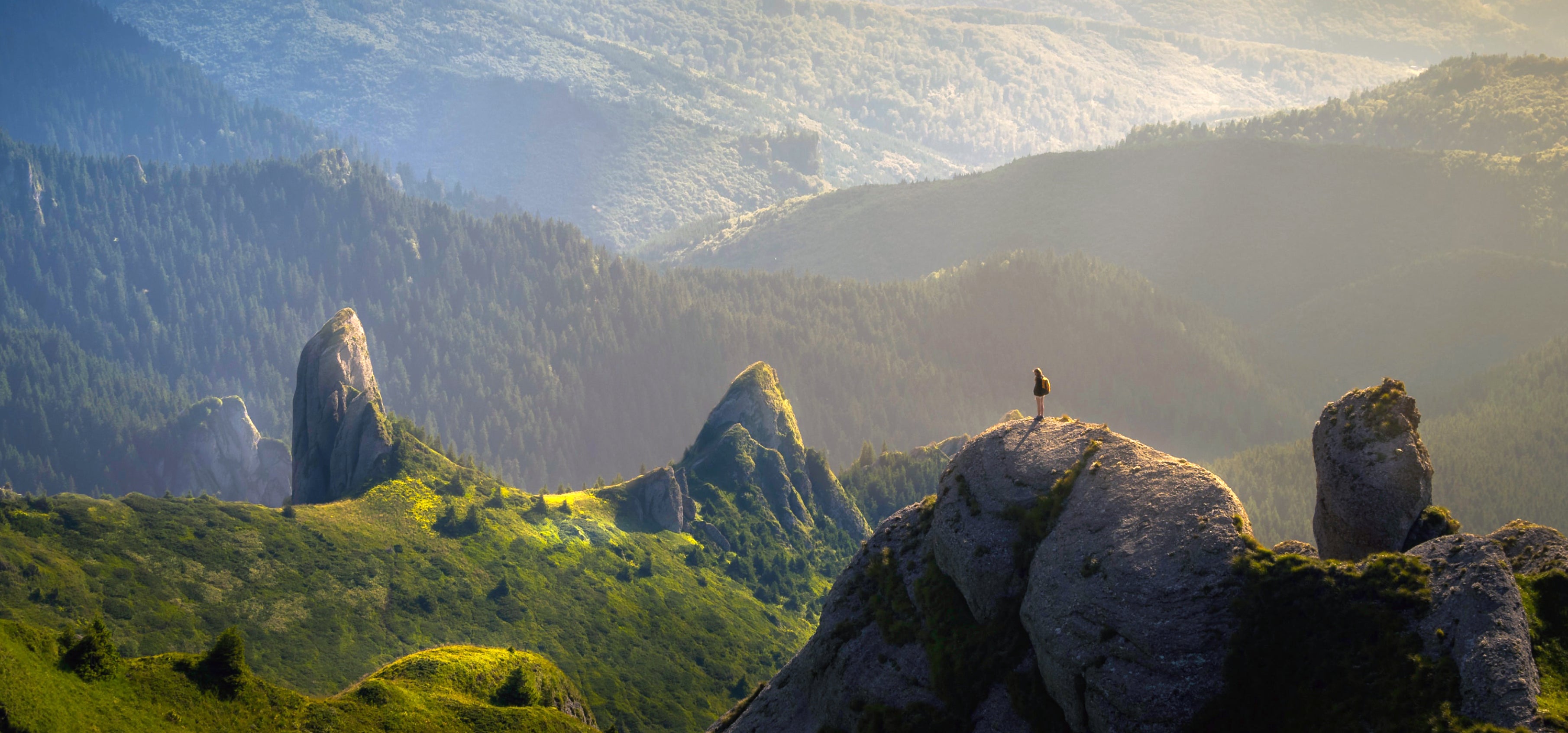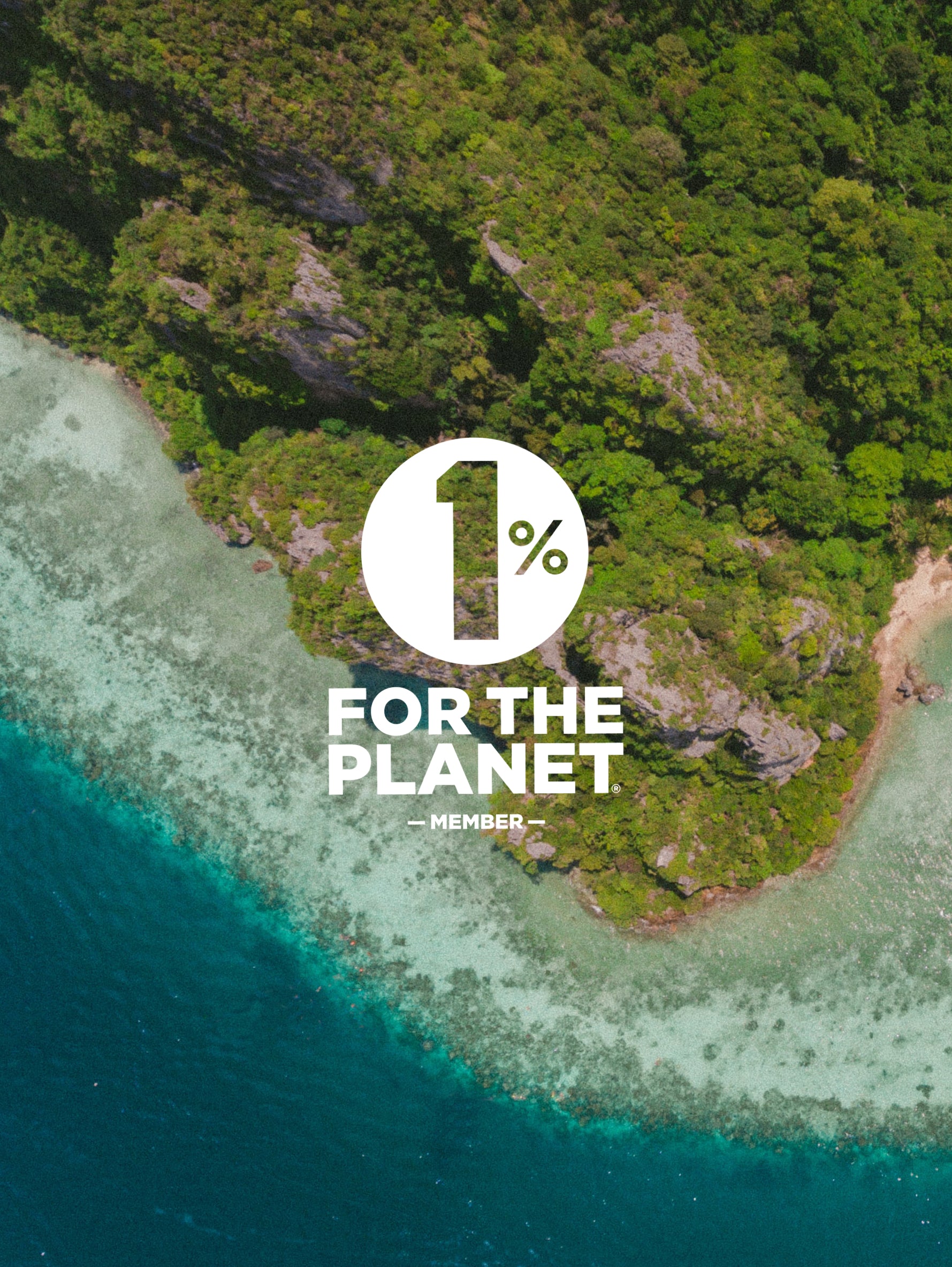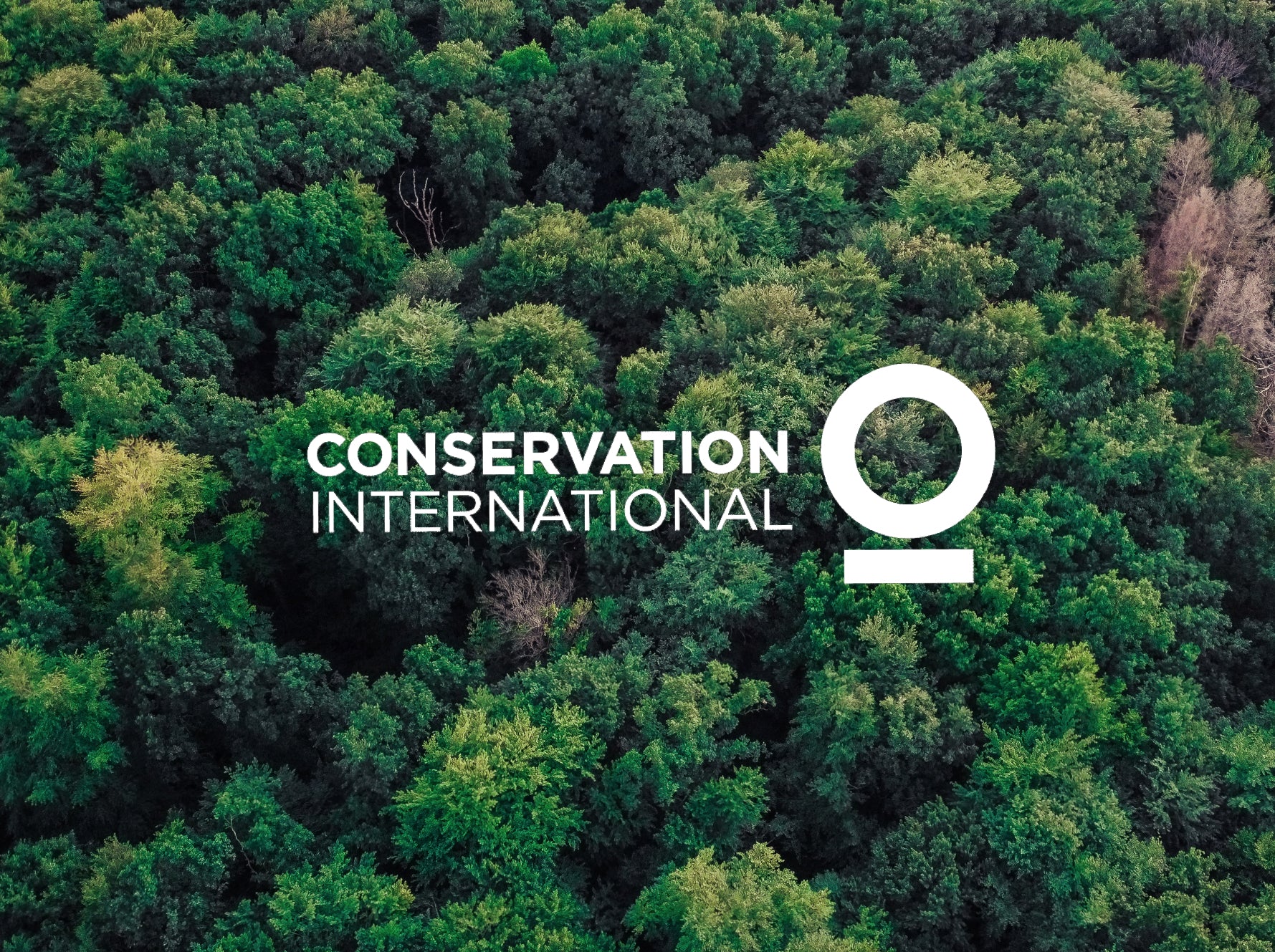
1% FOR THE PLANET
Simply put 1% for the Planet puts people and the planet over profit by bringing donors and doers together to accelerate smart environmental giving. In 2002, Yvon Chouinard, founder of Patagonia, and Craig Mathews, founder of Blue Ribbon Flies, created 1% for the Planet and started a global movement with a simple concept: because companies profit from the resources they take from the earth, they should protect those resources. Participating companies donate 1% of their sales to the organization and these funds are channeled to a diverse array of environmental nonprofits. While 1% may not sound like a lot when everyone commits to be 1% better it adds up fast. To date, 1% for the Planet businesses and individuals have raised $280 million for their nonprofit partners.
Bloomist donates 1% to help environmental causes including Conservation International and Rise and Root Farms.
You can always give more, but you should never give less than 1%.
1% for the Planet was founded to prevent greenwashing, certify reputable giving, and provide accountability. The 1% for the Planet certification is given to businesses and individuals that meet their high-bar commitment—donate 1% of annual sales or salary to environmental causes. Link here to donate directly to the cause of your choice at 1% for the Planet. Be 1% better.
– Yvon Chouinard, Co-founder 1% for the Planet, Founder Patagonia
SAVE AN ACRE OF ANCIENT FOREST FOR $25
Conservation International works to stabilize our climate by protecting and restoring nature. Their goal is to reverse the destruction of ecosystems such as forests that absorb and store carbon, thereby preventing irreversible harm to Earth’s life-support systems. Nature needs your help. For every $25 you donate to Conservation International you’ll save an acre of ancient forest and protect critical species. Through the months of April and May Bloomist will match your donations up to 1% of our annual revenue when you use this link to donate.

